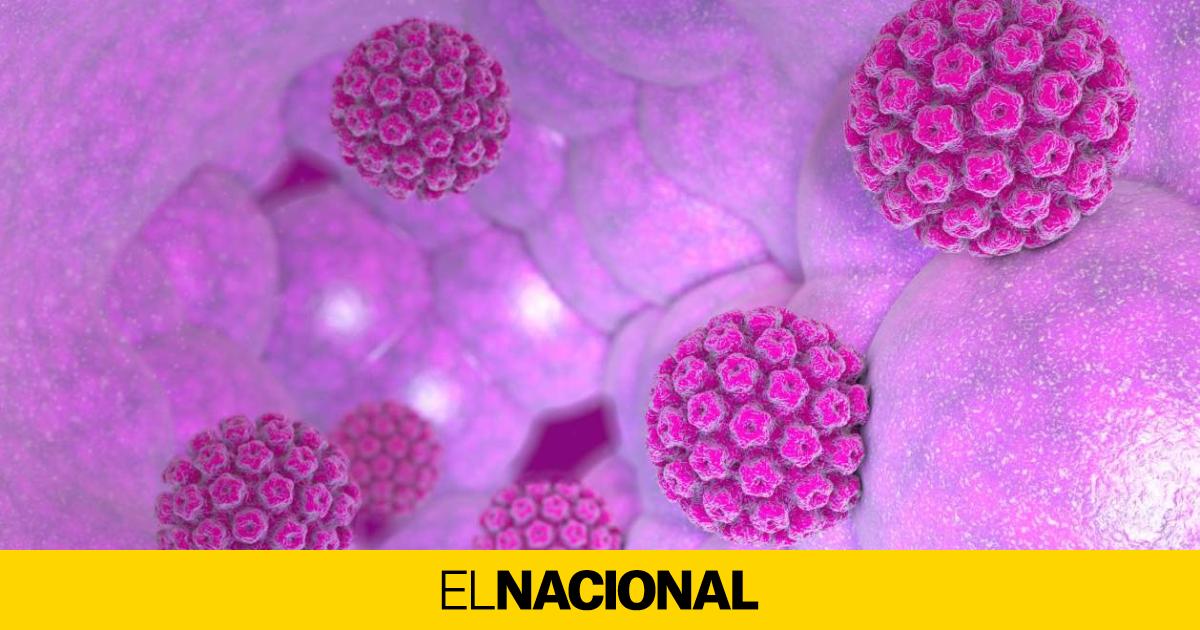The best weapon against human papillomavirus is vaccination

We celebrate March 4th International Human Papillomavirus Awareness Day (HPV), a sexually transmitted infection that, according to the Ministry of Health, affects 14.3% of Spaniards, increasing its presence to 29% in young women aged 18-25. According to the Ministry of Health, HPV infection usually has no symptoms and in more than 80% of cases is temporary and the virus clears spontaneously. These data misrepresent HPV as a harmless infection, so it is important to continue to educate young people about its dangers. Today hand in hand with the clinical research laboratory Eurofins MegalabWe’ll take a closer look at a number of tips to prevent these infections.
Importance of vaccination
The papillomavirus is usually acquired at a young age, which coincides with the first sexual intercourse. Currently Interterritorial Health Council recommends 2 doses given at least 5 to 6 months apart (depending on the vaccine used) for all adolescents 12 years of age and older.
Constant testing and monitoring
The high incidence of the virus makes HPV The most common sexually transmitted infection in the world. Although its nature is usually benign, it is important to periodically check sexual health and include HPV in other STI tests we routinely perform.
A problem for the entire population that needs to be solved quickly
The main route of transmission of this disease occurs primarily through direct skin-to-skin or mucous-mucous contact during vaginal, oral and anal sexual intercourse. HPV does not cause symptoms in most men, and the body usually clears the infection without leaving any consequences, but they can act as primary carriers of the infection. HPV is responsible for 70% of cervical cancers worldwide, as well as other types of cancer such as vaginal, vulvar, penile or anal cancer.
